We've all heard the horror stories. Your buddy knows a girl that was dating a guy whose best friend's brother once broke his brand-new, recently purchased performance car while making runs at a drag strip or laps at a track day, and the manufacturer wouldn't cover the repair under warranty.
True story? Urban legend? Complete crap? Yes, no, maybe. One thing's for sure: Automotive warranties have always come with caveats.
In 1908, an ad in the Trenton Evening Times clearly stated: "All Ford Cars Guaranteed for One Year." Although it changed over time, by 1925 the Ford New Car Guarantee only covered 90 days on material and 30 days on labor, and it clearly stated that that there was "No guarantee whatever on Fan Belts, Glass, Bulbs, Wiring, Transmission, Bands, Hose Connections, Commutator Shells, Rollers, Spark Plugs or Gaskets."
Whether or not Ol' Henry would pay to fix your Model T if you broke it shaving a tenth off your lap time at the local board track seems to be lost to history. We're guessing no.
But what about today? Do new-car warranties in 2017 cover cars when they are driven on race tracks? We researched the warranties of 14 auto brands to find out, and the answer is yes, no, maybe, depending on the brand, in some cases the model, and whether or not your car is modified from stock.
Acura has been out of the high-performance car game for a number of years, but jumps back into the party in 2017 with its hybrid-powered $173,000 NSX supercar. And Acura's warranty, as well as Honda's, clearly states that it does not cover "the use of the vehicle in competition or racing events."
True story? Urban legend? Complete crap? Yes, no, maybe. One thing's for sure: Automotive warranties have always come with caveats.
In 1908, an ad in the Trenton Evening Times clearly stated: "All Ford Cars Guaranteed for One Year." Although it changed over time, by 1925 the Ford New Car Guarantee only covered 90 days on material and 30 days on labor, and it clearly stated that that there was "No guarantee whatever on Fan Belts, Glass, Bulbs, Wiring, Transmission, Bands, Hose Connections, Commutator Shells, Rollers, Spark Plugs or Gaskets."
Whether or not Ol' Henry would pay to fix your Model T if you broke it shaving a tenth off your lap time at the local board track seems to be lost to history. We're guessing no.
But what about today? Do new-car warranties in 2017 cover cars when they are driven on race tracks? We researched the warranties of 14 auto brands to find out, and the answer is yes, no, maybe, depending on the brand, in some cases the model, and whether or not your car is modified from stock.
Acura has been out of the high-performance car game for a number of years, but jumps back into the party in 2017 with its hybrid-powered $173,000 NSX supercar. And Acura's warranty, as well as Honda's, clearly states that it does not cover "the use of the vehicle in competition or racing events."
So we asked Sage Marie, Senior Manager of Public Relations for Honda and Acura. "If the car is stock, the warranty covers it on a track just as it does on the street. No question," he told us. "However, if the car is modified, say with slick tires or other components that would put higher stresses on the vehicle's parts and systems, then we would have to investigate the circumstances further." Marie went on to say the same would be true for any Acura model or Honda vehicle, including the new 2017 Honda Civic Si.
This became a common theme.
Chevrolet actually started this practice with the fifth-generation Camaro on the high-performance ZL1 and Z/28 models. Still, Camaro Chief Engineer Al Oppenheiser lit up the internet back in April when he told Kirk Bell at Motor Authority that the warranty on the new sixth-generation 2017 Chevy Camaro covers the car on the race track. However, there are restrictions. The car must not be modified and it must be an SS model or above.
"If you're not modifying your car and you take your production car to a track day and you have an issue with one of your parts, it's covered under warranty," Oppenheiser told Bell. "We know when somebody changes their ECM calibration and we know if they changed to a cold-air intake, we can tell all that. But driving it as you break it in from the dealership, if you have a half-shaft or whatever, it's covered."
Chevy's warranty has covered Corvettes on the race track since the C5 generation.
Across town at FCA, things are different. FCA's warranty for all models – meaning the new Alfas, Challengers and Chargers, including those of the Hellcat variety and other SRT models – states in oversized bold text: " Racing Not Covered." Under that heading the paragraph reads, "Your warranties don't cover the costs of repairing damage or conditions caused by racing, nor do they cover the repair of any defects that are found as the result of participating in a racing event."
We were unable to get confirmation from an FCA representative if "racing" includes enthusiast, non-professional events like track days and run-what-you-brung amateur drag nights.
Under the all-caps heading "WHAT IS NOT COVERED UNDER THE NEW VEHICLE LIMITED WARRANTY," the 2017 Ford Car and Light Truck Warranty includes "misuse of the vehicle, such as driving over curbs, overloading, racing or using the vehicle as a permanent stationary power source."
However, a Ford representative sent us this clarification: "Ford vehicles such as Mustang, GT350, Focus RS, Focus & Fiesta ST and Raptor are designed for spirited driving and will be covered by warranty if the vehicle is operated within the limits and guidelines outlined in the vehicle's owner's guide and warranty manual, including when the vehicle is driven in 'track mode,' a feature that is contained on some vehicles, if it is driven on a track in a manner that is consistent with the guidelines. Ford does not recommend racing these vehicles in timed competitions or sanctioned race events, as they are designed and built to be driven as delivered from the factory, and the vehicle warranty does not cover mechanical failure or damage caused when a vehicle is used for racing.
"It is important for customers to refer to the owner's guide and warranty manual when they purchase their vehicle to ensure proper use.
"If there is a warranty concern, it is determined and reviewed on case to case basis whether a mechanical failure or abuse caused it."
A little digging found this in the 2017 Ford Mustang Shelby GT350 Warranty Terms and Conditions: "We do not recommend modifying or racing (for competition or time) Ford Performance vehicles, as they are designed and built to be driven as delivered from the factory. The warranty information discusses vehicle usage and the installation of aftermarket parts and their effect on warranty coverage. "
So racing on a track for time is not recommended by Ford, yet the document also says that the vehicle's Track mode should be "used by skilled drivers for spirited and aggressive driving while at the track." And the car's Drag Strip mode should be "used at the drag strip." Therefore, track driving is within the limits and guidelines outlined. Hmm.
And things are consistent at the top of Ford's food chain. The new mid-engine, 216-mph Ford GT supercar has the same warranty as the Shelby and the other vehicles in the Ford Performance line, which also includes the Fiesta ST, Focus ST and RS, and Raptor.
Nissan just says no. In a section titled "WHAT IS NOT COVERED GENERAL EXCLUSIONS," Nissan's GT-R warranty includes: "Racing and/or competitive driving of any sort whatsoever, and/or use on a track or driving on any airstrip." Then it also mentions "Operating the vehicle with the Vehicle Dynamic Control (VDC) off, except when rocking the vehicle when stuck in mud or snow. Such operation is also 'misuse.'"
Oh boy. And the case is essentially the same on the 2017 Nissan 370Z and all Infiniti models, including the new 400-hp Q60 Red Sport 400. The warranty for those vehicles also has a section called "WHAT IS NOT COVERED GENERAL EXCLUSIONS," which includes: "Racing and competitive driving."
A Nissan representative confirmed that the cars are not covered under warranty on a race track.
The world's largest automaker agrees with this policy. We confirmed that Toyota's warranty does not cover cars on a race track. And that policy includes performance models like the 2017 Toyota 86 and all Lexus models, including the F Performance line. That's right, the warranty does not make exception for the IS F, RC F, or GS F.
Twin sister to the Toyota 86 is of course the Subaru BRZ. And Subaru's warranty has quite a bit more wiggle room on this subject than Toyota's, but it isn't exactly track-use-friendly. It states, "These warranties do not cover damage to any component that is the result of operating the vehicle in any competition or racing event."
Exotic carmaker Aston Martin takes a different approach. According to Matthew Clarke, General Manager of Marketing and Communications Aston Martin The Americas, Aston's warranty covers the car on a race track if it's participating in an official Aston Martin/Aston Martin-endorsed track event. In all other cases the warranty does not.
Surprisingly, Porsche's warranty does not make the same distinction. Under a heading of "This Warranty Does Not Cover," Porsche's warranty states: "Abuse, accident, acts of God, competition, racing, track use, or other events. Note 1: Components and or parts that fail during racing or driving events (including Porsche sponsored events) may not be covered by the new car Limited Warranty." This seems a bit hypocritical for an automaker that just built a track at its new Atlanta headquarters and another one in Los Angeles.
Kia showed off its first true performance model earlier this year at the Detroit Auto Show. The 2018 Kia Stinger GT is a rear-wheel-drive, 365-hp super sedan, but its warranty will not deviate from Kia's standard warranty, which does not cover cars when driven on a race track. Maybe. Under a section headed "The following items are not covered," the warranty states: "Misuse of your Kia Vehicle such as driving over curbs, or other hazardous objects or road structures or into roadway maintenance or construction areas, overloading the vehicle, racing or engaging in activities or uses not described in your owner's manual or in Kia's product literature." Again, is a non-professional event like a track day considered racing? That depends on the lawyer.
Got all that? Just remember caveat emptor, Latin for "let the buyer beware." This was good advice 109 years ago when buying a Model T, and it's still good advice today whether you're buying a new Ford Focus RS or any other performance car. Before you buy, if you plan to run the car at the local drags or drive it on a road course, you should know if such activity voids the manufacturer's warranty.
Related Video:
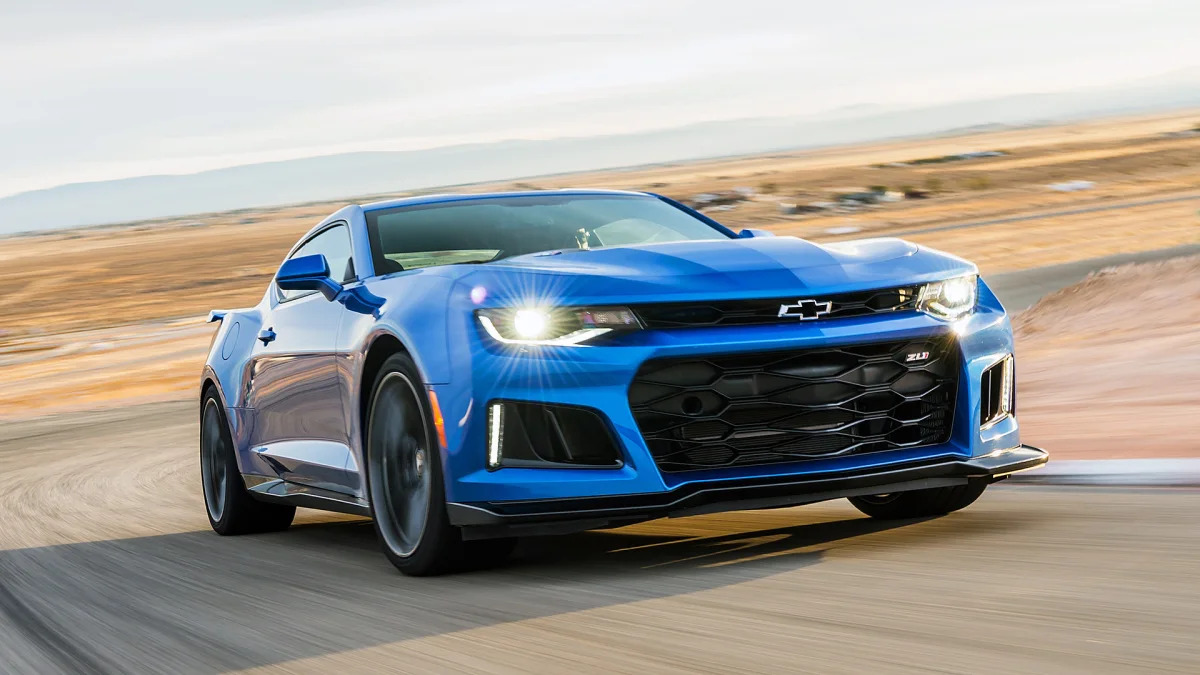
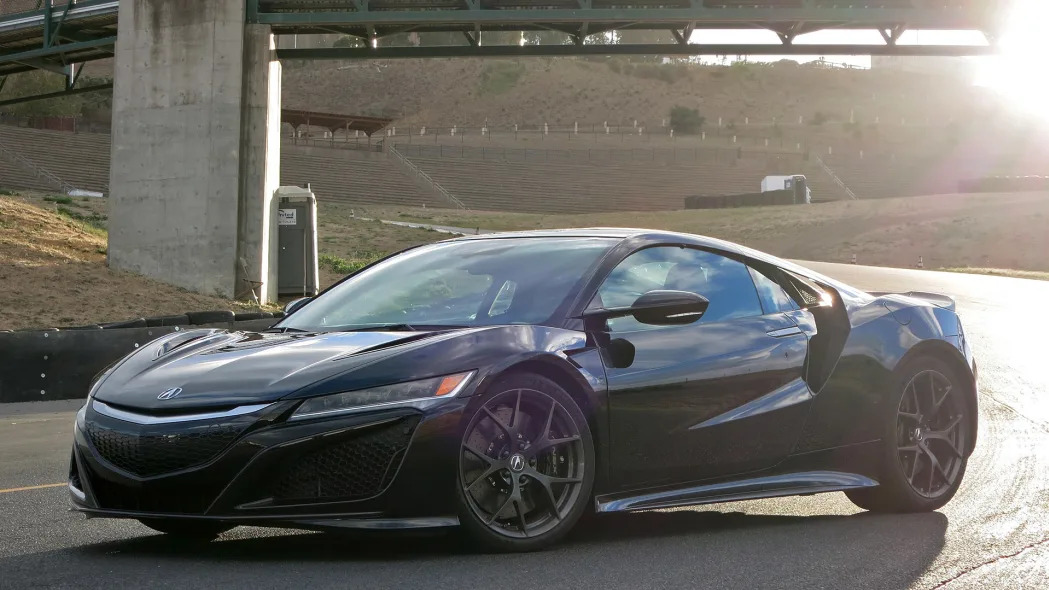
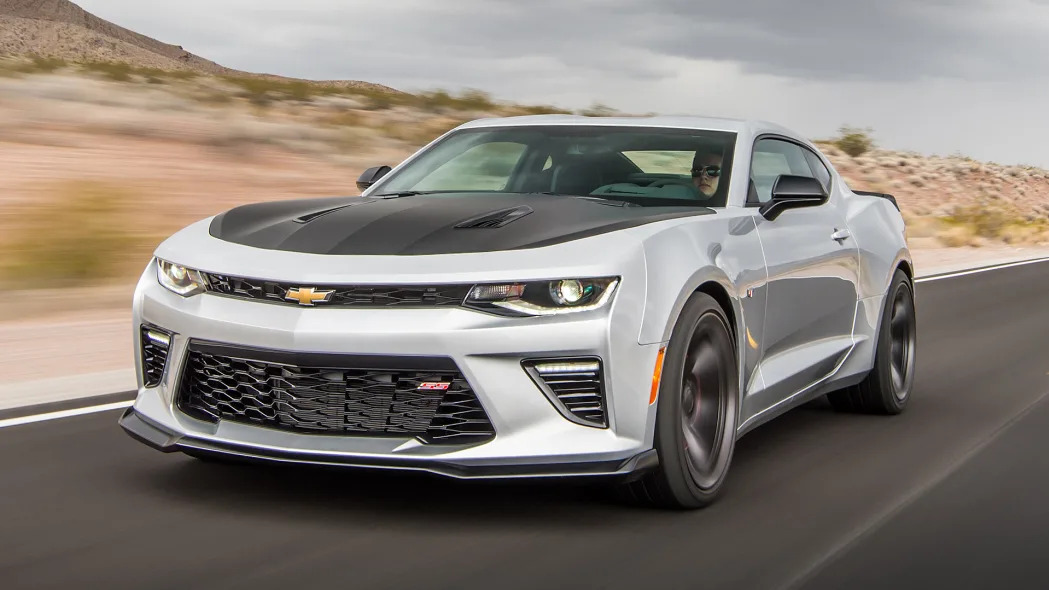
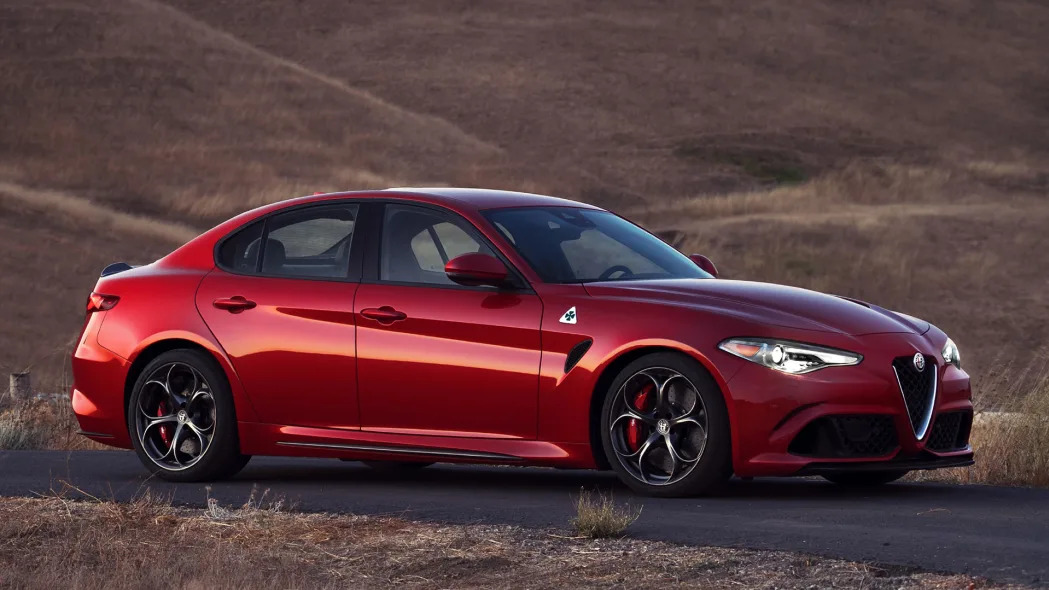
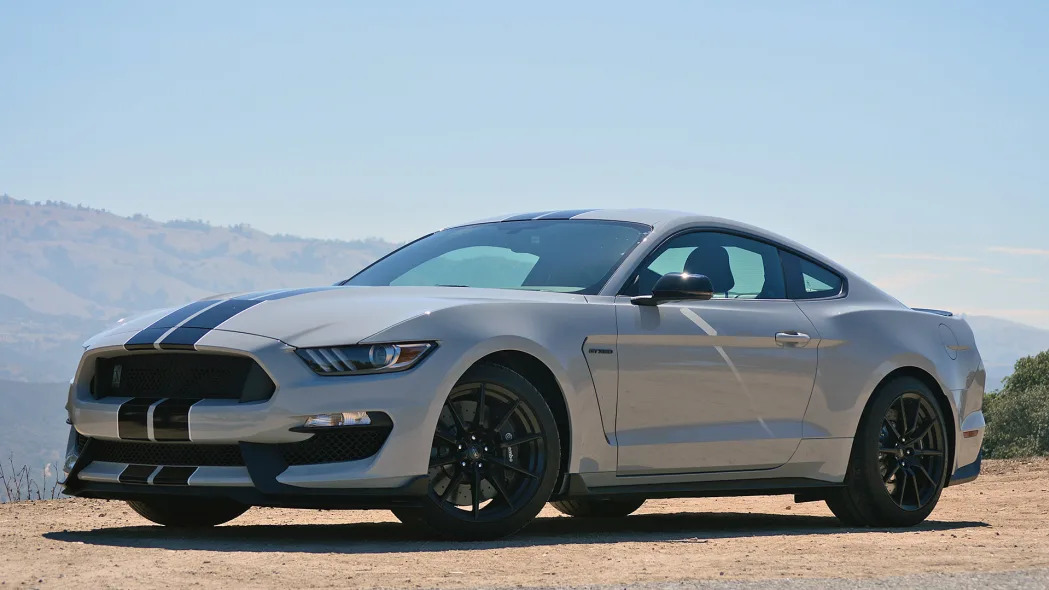
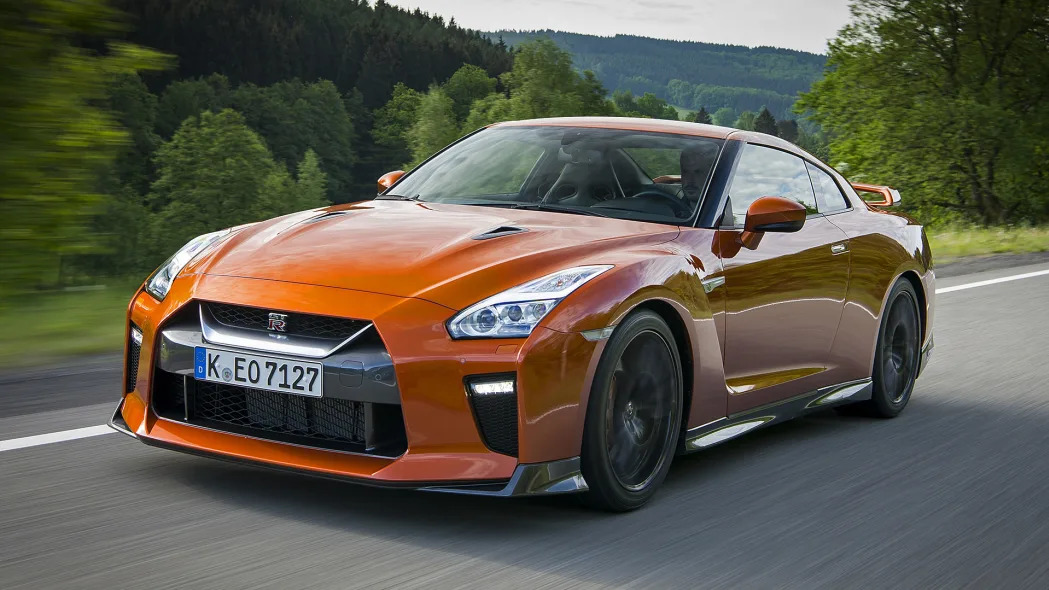
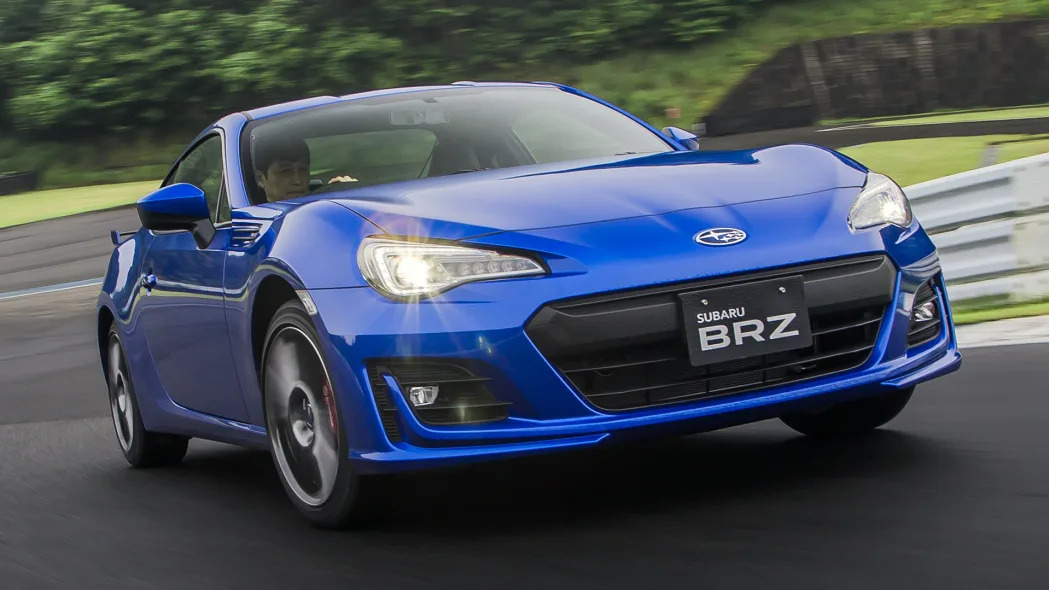
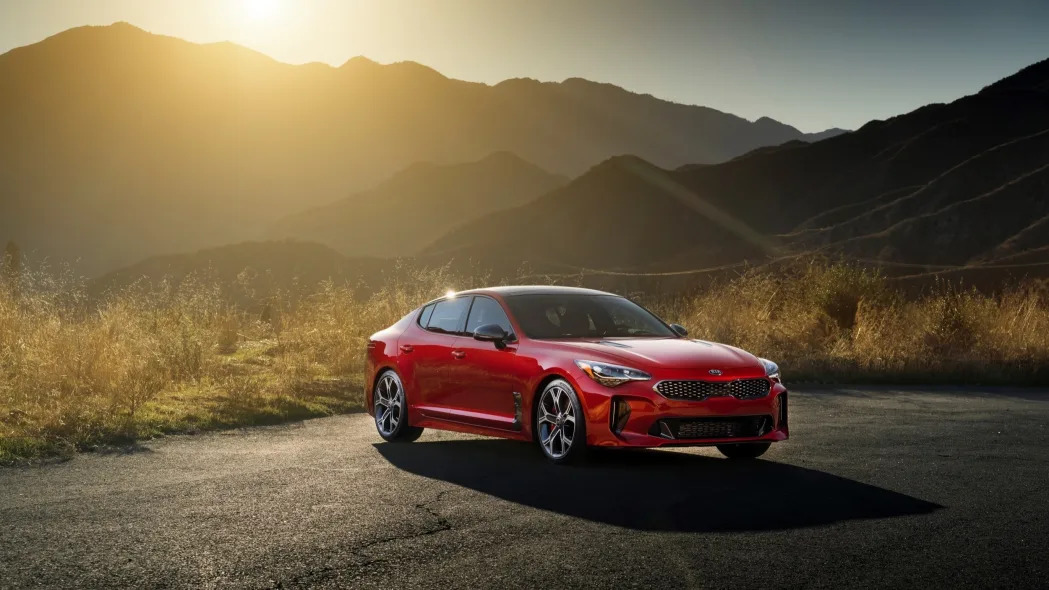









Sign in to post
Please sign in to leave a comment.
Continue